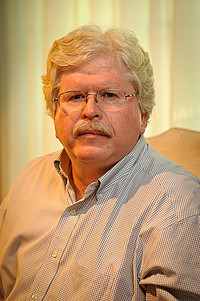Dr. Melvin M. Mark

Impact evaluation has a central place in the history and practice of evaluation. Early in this keynote, I discuss why and when impact evaluation is more (and less) appropriate. Past debates about evaluation methods might have been less intense if the question of why and when to do impact evaluation had been emphasized. The primary focus of this keynote is on asking the question why within an impact evaluation. Beyond asking whether and by how much a program makes a difference, for example, this would involves asking why the program did (or did not) make a difference. Various approaches and terms have been used to advocate for attention to this “why” question in evaluation, including: theory-based evaluation, realist evaluation, generative mechanisms, mediational analyses, and identifying a program’s “secret sauce.” I will discuss reasons for asking why a program does (or does not) make a difference. I will also discuss when it makes most (and least) sense to emphasize the why question within an impact evaluation.
Dr. Melvin M. Mark is Professor and Head of Psychology at the Pennsylvania State University. He has served as president of the American Evaluation Association (AEA) and as editor of the American Journal of Evaluation. He has received AEA’s Lazarsfeld Award for Evaluation Theory and has published numerous papers and chapters on the theory, design, and consequences of evaluations. Among his books are Evaluation: An integrated framework for understanding, guiding, and improving policies and programs (with Gary Henry and George Julnes), the SAGE Handbook of Evaluation (with Ian Shaw and Jennifer Greene), Social Psychology and Evaluation (with Stewart Donaldson and Bernadette Campbell), and Credible and Actionable Evidence: The Foundation for Rigorous and Influential Evaluations (with Stewart Donaldson and Tina Christie).



